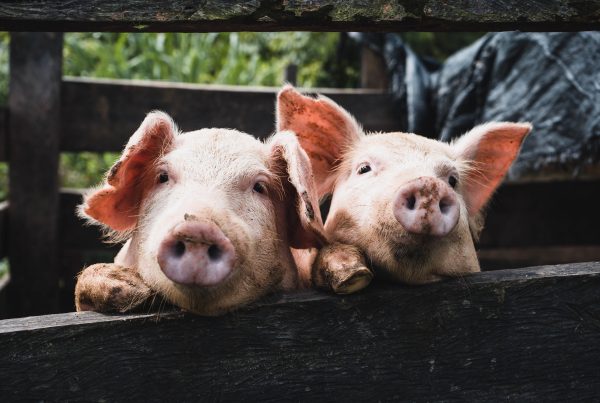
As the UK continues to establish its position as a global film and television production hub, an increasing environmental impact of this work is compelling the industry to consider its carbon footprint. In 2023, the UK film and television industry saw its carbon emissions per hour of content rise by 33% to 16.6 tonnes of CO2 equivalent (tCO2e/hr). This surge occurred despite rising awareness of the importance of sustainability in media production and increased environmental efforts.
GHG emissions arising from film and television productions occur throughout the production process. Travel for crews and equipment, and remote location shooting requiring diesel-powered generators account for about half of a typical production’s emissions. Post-production, data intensive special effects, digital editing, cloud storage and streaming also contribute heavily to emissions from their demand on energy-hungry data centres.
Waste from productions is also a notable environmental issue. Single use sets and props are often discarded after filming and even on-site catering has been noted as source of unnecessary landfill with many productions lacking effective recycling programs. Despite some efforts towards prop repurposing, initiatives to reduce and reuse are not common.
To help address its sustainability challenges, there are several initiatives that are directing the UK film and television industry towards a greener future with BAFTA’s albert program most prominent among them. According to the most current albert reporting, with its carbon calculator, sustainable production certification, and Studio Sustainability Standard, the albert initiative tracked over 3,000 carbon footprints and certified 2,451 productions in 2023 alone.
The albert program has also introduced tools to embed sustainability into day-to-day operations and content. The Green Rider, a prototype employment agreement, allows cast and crew to formally request low-impact catering, sustainable travel options and the use of renewable energy on set. The Planet Placement initiative encourages creators to integrate environmental themes into their stories and scripts.
Other innovations are also helping to drive change. Virtual production technologies such as giant LED display walls and real-time rendering are reducing the need for international travel and physical construction. Industry estimates suggest that more than a 50% reduction in emissions is possible using battery powered rigs and digital sets. Further, the Ecotricity Creative Energy Scheme is making 100% renewable energy and carbon-neutralised gas available to creative production projects at an accessible rate.
Beyond good practice, environmentally responsibility and sustainability reporting in the media production industry are becoming business imperatives. Major UK broadcasters and funders including BBC, ITV, Channel 4, Sky, STV, Channel 5, Netflix UK and others have made albert certification mandatory. Despite some initial costs and potential changes to production workflows, this requirement is bound to have a significant influence on UK media creation resulting in lowered carbon emissions and more sustainable production practices.
As other businesses prove their commitments to sustainable practices through more transparent ESG reporting, the time seems right for the UK film and television production industry to follow suit. The actions that have been taken by broadcasters to demand environmental accountability and the sustainable production initiatives that have been spearheaded by BAFTA are well positioned to help reverse the pattern of increasing carbon emissions seen in the industry and set a course for a more sustainable future for media production in the UK.
Additional Information:
BAFTA – albert
https://wearealbert.org/
https://wearealbert.org/wp-content/uploads/2024/08/BAFTA-albert-2023-Annual-Review.pdf
Production Emissions Sources
https://time.com/6767943/sustainable-film-and-tv-production/
Commitment to Sustainability
https://www.bbc.co.uk/commissioning/sustainability



